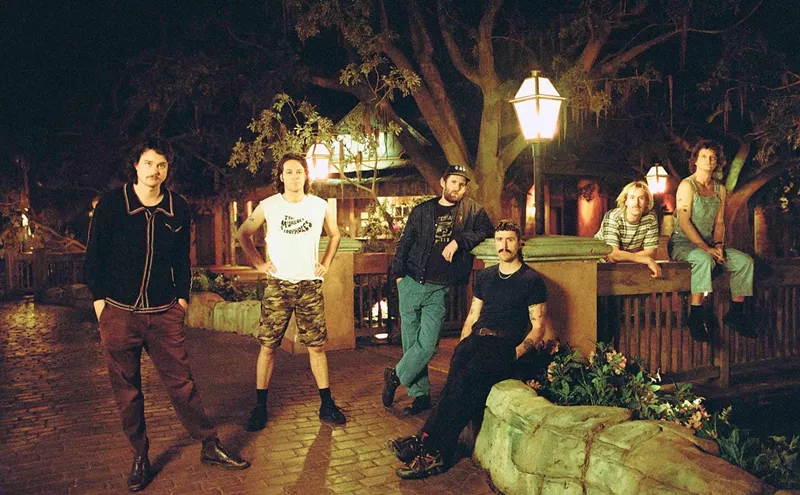The revolution will not be televised." So Gil Scott-Heron asserted in 1970, and so it was not — at least not on American TV. As demonstrated by The Black Power Mixtape 1967-1975, however, Swedish television was another story.
Black nationalism lives and breathes in this remarkably fresh documentary assembled by Göran Hugo Olsson. Sampling and lightly annotating hours of news footage discovered in the Sveriges Television basement, The Black Power Mixtape opens with the 1967 arrival of "fair-skinned and starry-eyed" Swedish journalists in Hallandale, Florida, and ends with excerpts from the 1975 documentary Harlem: Voices, Faces. In between, the Swedes report on political trials in Oakland and breakfast programs in New York; they follow Bobby Seale through Stockholm, visit Eldridge Cleaver in Algiers and hang out with Stokely Carmichael in his mother's living room.
Although scenes of late-'60s urban disturbances, mass demonstrations and slum deprivation are not exactly unfamiliar, the Swedish footage is distinguished from the American tele-journalism of the period by its interest in hearing from the most articulate proponents of black power and the programmatic nonviolent attempt to "intensify the struggle." It's a point of view that was mainly available to Americans back then in partisan "guerrilla newsreels," if at all, and is no more common today, when the struggle for civil rights is generally presented by TV as an affirmative saga with a happy ending.
While it's impossible to know the extent of the material Olsson examined, Mixtape follows TV's natural imperative to emphasize charismatic personality. Offering a sharp critique of Dr. Martin Luther King Jr., Carmichael — the militant new chairman of the Student Nonviolent Coordinating Committee — also emerges as a good-natured cuddle bunny with a dazzling smile. Interviewed in her jail cell, the no less youthful Angela Davis, who succeeds Carmichael as the movie's central figure, exudes moral authority as she coolly lectures the Swedes on their own assumptions and is clearly as exotic to them for her intellectual bona fides (having studied with Herbert Marcuse and Theodor Adorno) and her political enemies (Governor Ronald Reagan, FBI director J. Edgar Hoover) as for her luxuriant, iconic Afro.
Richard Nixon ran against Black Power, among other things, in 1972, and his reelection (as well as the FBI's counterintelligence program) was a factor in halting the movement's momentum. Olsson's final, post-'72 sequences, largely focusing on Harlem's pacifying heroin plague, are less overtly political and more perversely picturesque. "This is undoubtedly the black man's ghetto," a guide tells the passengers on a Swedish tour bus in a scene that brought back my own memories from working as a cabbie in the early '70s: taking European backpackers to Frederick Douglass Circle, where they headed up Eighth Avenue for a morning of sightseeing.
Stark footage of shooting galleries populated by wasted Viet vets and conversations with twelve-year-old street hustlers provide the context for a concluding interview with Louis Farrakhan. The source of his appeal is immediately evident. So is the realization that, of all the organizations extant during the formative period of black nationalism, the Nation of Islam alone remains — a reminder that, however immediate it feels, Mixtape is in some ways ancient history.








